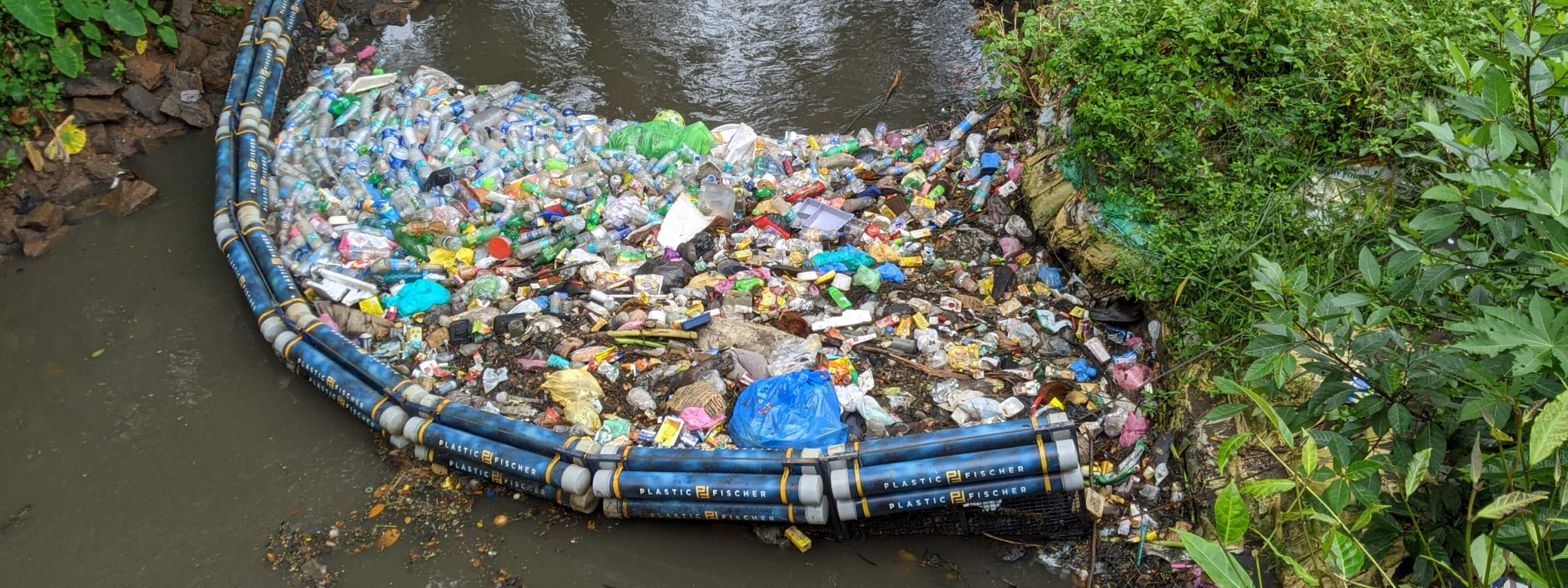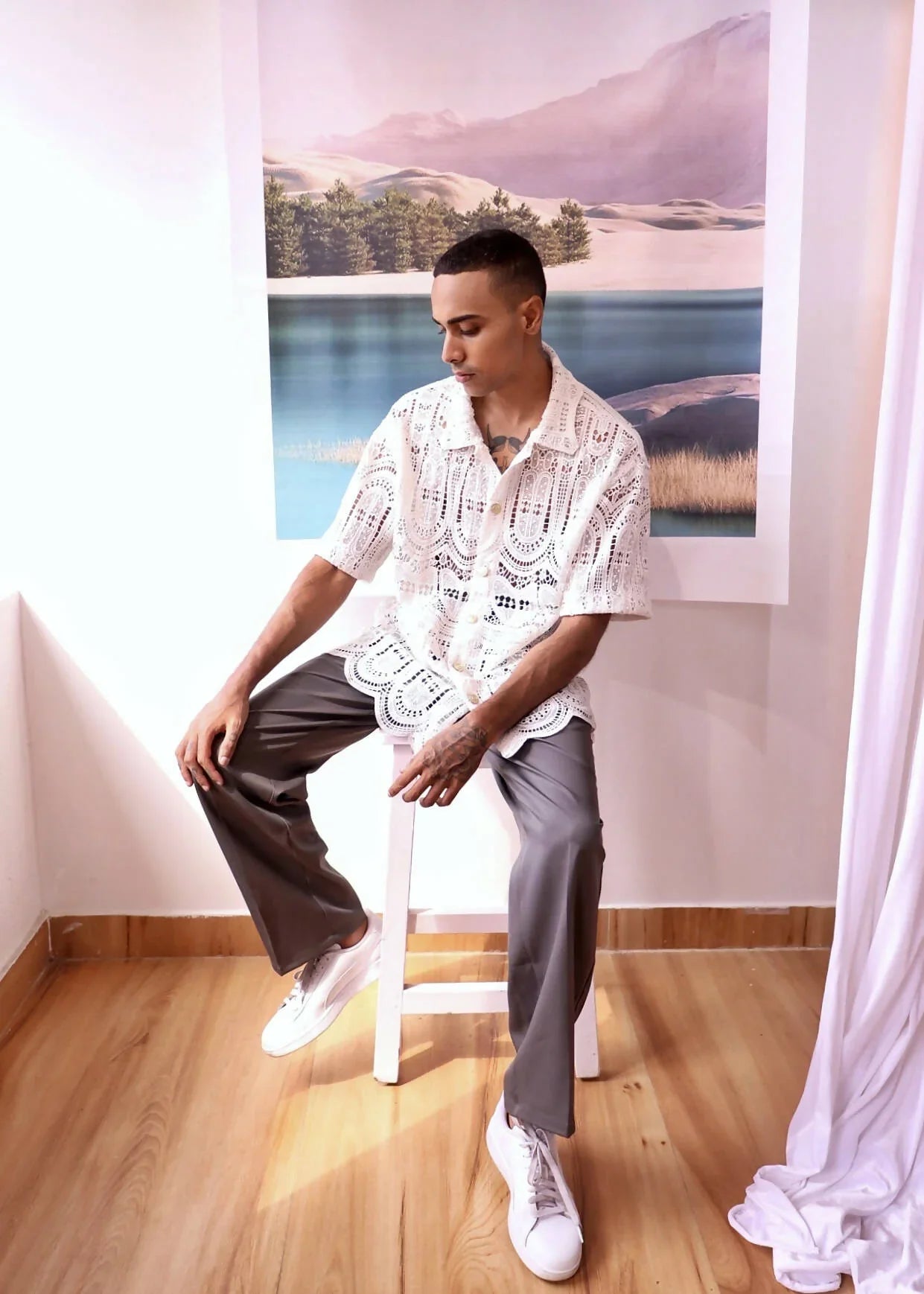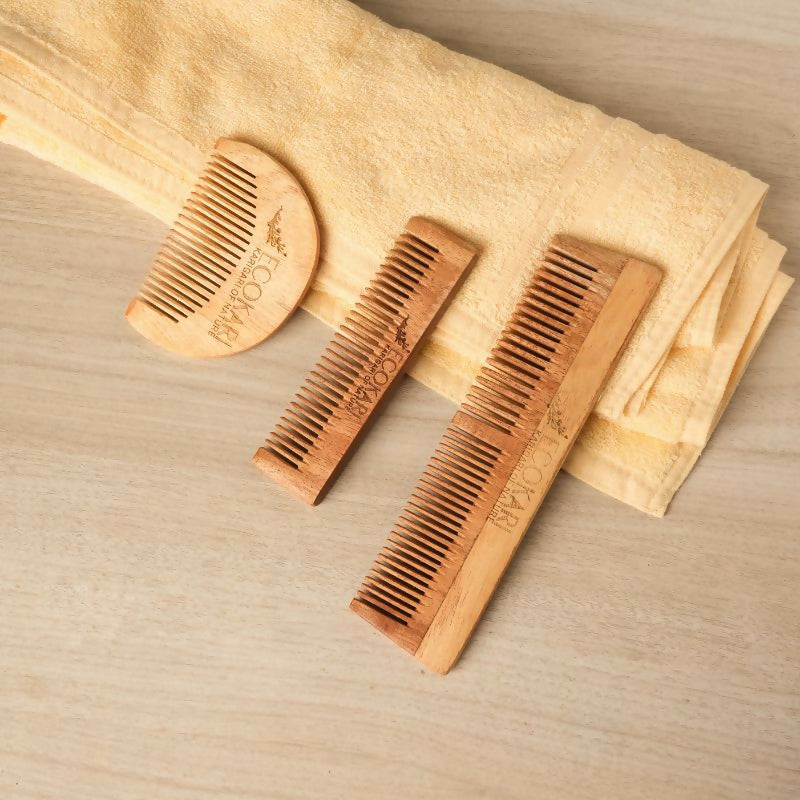Plastic Fischer's Approach to River Cleanup

Plastic in our oceans didn’t just appear out of nowhere. That soda can, that chips packet, the single-use plastic straw, plastic bag, or disposable spoon, they all started somewhere. That's exactly where Plastic Fischer comes in to stop plastic in rivers before it reaches the ocean, using low-cost, locally built technology that’s accessible and impactful.
Plastic Fischer is a German environmental conservation organization operating in India and Indonesia to stop plastic from polluting rivers.
Last Week - Seaweed as a Plastic Alternative. This Week - Let’s Talk Prevention.
We covered a feature on Zerocircle, which uses seaweed to create an alternative to plastic packaging and aims to reduce plastic use. That’s one side of the battle finding better packaging and reducing plastic consumption.
But what about the millions of tons of plastic already in circulation, or carelessly tossed out after a single use?
If you take a look at rivers and oceans filled with plastic from human made trash. How did that bottle end up in the ocean? That plastic bag, disposable plastics, or that soda can, among thousands of other pieces of trash? How did all that trash get into the ocean?

Yes, we need better packaging alternatives. Yes, we need to reuse more, again and again. But we also need to ask - why do we still trash everything so carelessly?
Because if we look around, streets, beaches, rivers, there’s not just some plastic lying around. There are millions of pieces of waste.
Is there a plastic alternative for everything? Sadly, no.
Let's say you go to the beach, carry a reusable bag with you. If you happen to use plastic products, wrap them in a newspaper or carry them in that bag and find out what can be reused.
If it's a small plastic bag, reuse it to store things. (You can also say no when shops offer plastic bags and instead take things home in a reusable bag you already own.) Say no to plastic straws and spoons.
If you order something with unavoidable plastic packaging, try to reuse it at home. Own a soda can? Send it for recycling or collect it for a DIY project.
Or at the very least, dispose of it in a trash can, not where you used it, and not in the ocean. Take it home and then put it in the garbage bin. (Note: Disposing doesn’t mean it disappears. It just shifts the problem from one place to another, usually, to a landfill)
TrashBoom: The Invention That Stops Trash in Rivers
Now, coming back to Plastic Fischer’s innovation - the TrashBoom. After prototypes and testing, they developed this from locally sourced materials. It’s a device to collect trash from rivers. It’s locally built, low-tech, and made of floating barriers, forming a train-like structure with pipes and mesh that capture plastic waste, which is then manually collected and sorted. Brands, NGOs, and individuals can work with them to adopt TrashBooms and help clean rivers.

Plastic Fischer even has a video on how to assemble these TrashBoom devices.
Watch their 2024 Impact Report, they collected 1,915,406 kg of plastic from rivers across six cities in India and Indonesia
Ocean Material is a circular, innovative technology company repurposing marine waste. In collaboration with Plastic Fischer, they recycled an amazing wood alternative from low-value mixed textile waste collected in Varanasi.

TrashBoom is a great device that aims to stop waste at the river level itself, so trash doesn’t reach the oceans and pollute the seas. Apart from how this device saves waste and sends it to recycling units, they want long-term impact. They also want to help local communities, create more jobs, and provide financial stability.
They’ve collected 2,012,055 plus kgs of river plastic. Which sounds amazing (and it is) but take a moment to reflect -
How did all that trash end up there in the first place? And more importantly… why?
The United Nations Environment Programme reminds us that rivers and lakes carry plastic from deep inland to the sea, and today there are 75 to 199 million plus tonnes of plastic already floating in our oceans.
We love innovation. We love seaweed plastics and river-saving devices. But without a shift in daily consumption habits, it’s not enough.
We need sustainable, upcycled alternatives, better disposal practices and community awareness.
And above all, a cultural shift away from throwaway habits.
Because land or at sea, we’re still climbing that mountain of waste. And it’s time to stop adding to it.





Leave a comment